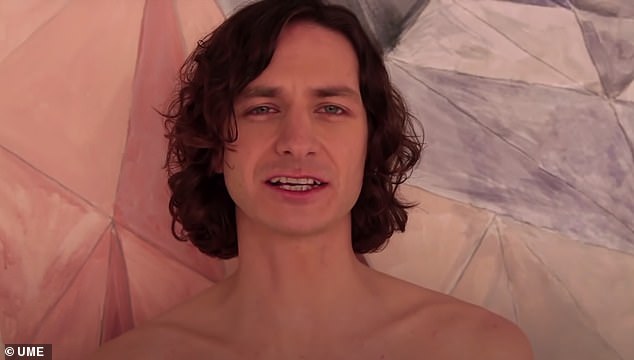He is best known for his iconic hit Somebody That I Used to Know, which topped charts around the world and became the best-selling song of the year.
Therefore, it would be easy to assume that Belgian-Australian singer Gotye has made millions from the success of his famous song and that he will receive royalties and streams of his beloved song for life.
But fans may be surprised to learn that in reality, the indie musician has barely made a dime from his biggest song.
This comes despite billions of streams and an artistic video on YouTube that received 2.3 billion views.
Gotye, whose real name is Wouter André ‘Wally’ De Backer, is said to have put others first in his business decisions when it came to cashing in on the success of his beloved song.
Gotya is best known for his iconic hit Somebody That I Used to Know (pictured), but some fans may be surprised to learn that the indie musician has barely made a dime from the song.
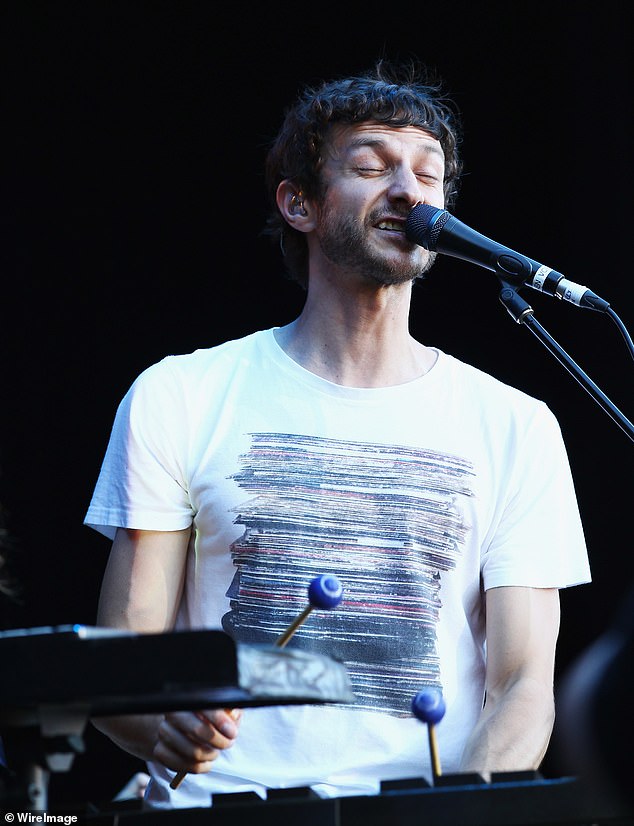
The singer, whose real name is Wouter André ‘Wally’ De Backer (pictured in 2015), is said to have put others first when cashing in on the success of his beloved song.
In 2017, Gotye revealed that he opted not to use pre-video ads on his YouTube channel, so he didn’t earn a cent from views of his music video.
Speaking to news.com.au, he said: ‘I’m not interested in selling my music.
‘That’s why I don’t put ads on my YouTube channel, which seems strange to people in the current climate, but it’s a decision you can make. I’m like that with all my music. Advertisements grab our attention wherever we go in the world.”
Gotye also chose not to license his song for commercial use in films and television series, and previously said he would prefer to allow other budding artists to use his song for free.
He added: “I don’t mind syncing my music with creative projects like television or film. I have my own set of rules that I made, if a film student wants to use my film, I say yes across the board, there’s no money involved.
“If someone wants to use it commercially, I look at what the budget and creativity of the project are.”
Regardless, any profit Gotye made from the song must be divided among several parties.
The song’s guitar riff originates from the 1967 song Sevilla, which was created by Brazilian composer Luiz Bonfa.
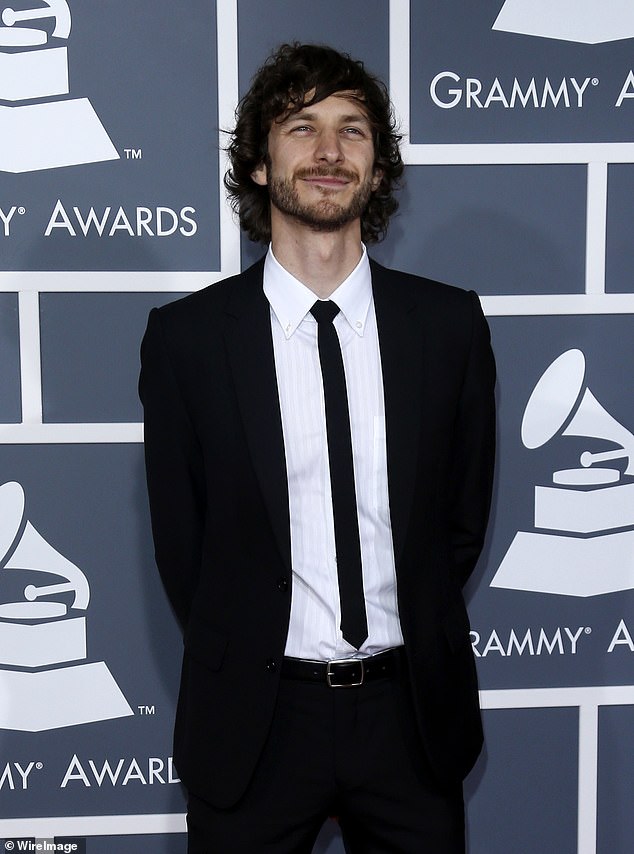
In addition to releasing music with The Basics, Gotye also launched two record labels: Forgotten Futures and Spirit Level (pictured in 2013).
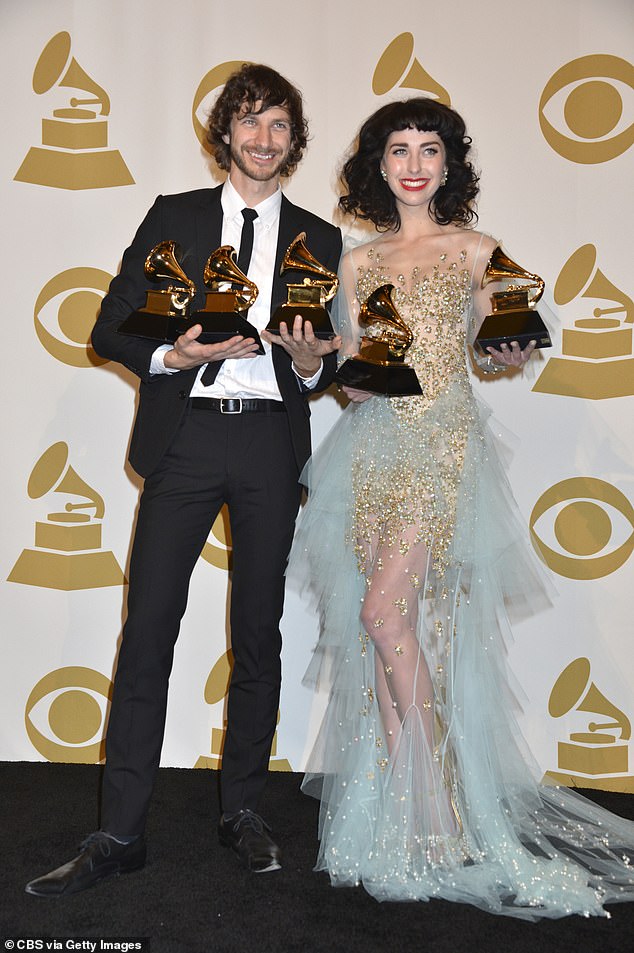
Gotye also has to split his royalties with other artists who worked on the song, like Kimbra (pictured together at the Grammy Awards in 2013).
Even though only two seconds of the song were used, Gotye has to give his heirs half of the song’s royalties.
The song’s catchy jingle is a melody played on a xylophone, which is also based on the children’s song Baa, Baa, Black Sheep, so some listeners may find it familiar.
Gotye also has to split his royalties with other artists who worked on the song, such as Kimbra, but has said that he is grateful for the song’s success as it has given him the freedom to pursue other projects.
In addition to releasing music with The Basics, Gotye also launched two record labels: Forgotten Futures and Spirit Level.
He also set out to preserve the legacy of French electronic music pioneer Jean-Jacques Perrey, purchasing two vintage electronic keyboards and forming the Ondioline Orchestra in New York.
He told Broadsheet in 2018: “You can dial in an incredibly wide range of sounds on the Ondioline and the unique playing mechanics allow you to create sounds very sensitively and with a musicianship that I feel is not present in most other devices.” electronics”. Instruments from the 40s, or decades later.
In July, it was also revealed that Gotye is working on his fourth album, even though his group had previously announced it. in a ‘happy yet melancholic goodbye’ that they were retiring from touring.
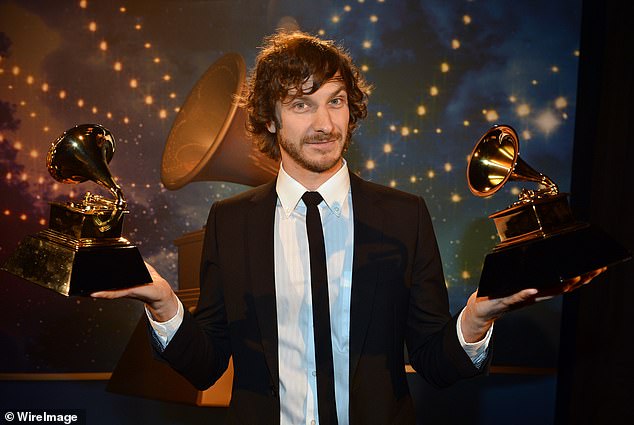
In 2017, Gotye revealed that he opted not to use pre-video ads on his YouTube channel, so he didn’t earn a cent from views of his music video (pictured in 2013).
‘There are still plenty of places we wanted to go and people we’d like to meet, but with two young families and a medical career between us (not to mention two solo projects and a live music venue on top of this!), we just There is a feeling that it was time to draw a line in the sand,” the band wrote on Facebook.
“Plans keep coming up and then quickly getting thwarted, and it seems only fair to make that clear to both you and ourselves.”
They then explained that they would not play a final show or announce a farewell tour, so as not to capitalize on the news.
“We have always tried to be as genuine as possible, so regarding our decision we don’t have that ending to offer,” they said.
“We hope that in the next few years, when all the kids are older, we can play again.” And of course, we hope to bring you a new Basics album at some point, as well as new material from Wally and Kris.


